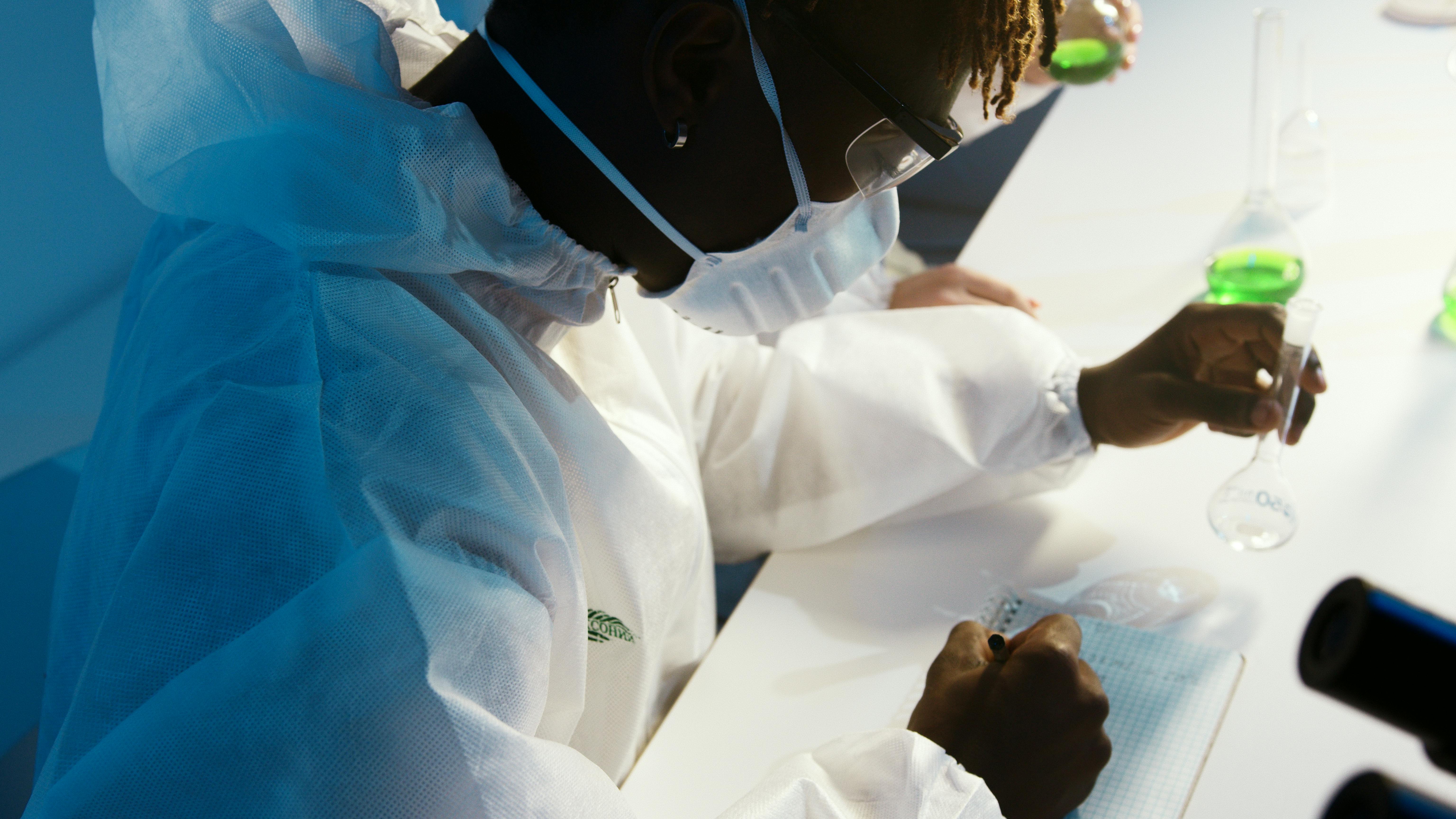
Diabetes and alcohol: a realistic approach
It is unrealistic to think that all people with diabetes should only eat and drink what is good for them. We all need a bit of evil in our lives and this often comes from a cup or two (or three, or four, or more!). But if you have insulin-dependent diabetes, it can be difficult to correct it.
Diabetes and alcohol have a very strange relationship that is not easy to control, but with a little knowledge of the science behind it and a solid understanding of how your diabetes reacts, you should find that you can enjoy alcohol without worrying about its effects. dangerous secondary. .
Alcoholic beverages contain varying amounts of alcohol and sugar, so different beverages will have different effects on blood sugar, some causing a large spike, others almost none. The biggest side effect to consider is that alcohol can cause delayed hypoglycemia due to its ability to temporarily affect the main function of the liver – blood sugar regulation. How alcohol affects you personally can only be discovered by monitoring the effect it has on your blood glucose levels.
First, the obvious: healthy (recommended) limits for alcohol are
Up to 3-4 units per day for men
Up to 2-3 units per day for women
(1 unit = 1/2 pint of beer, 1 glass of wine or 1 pub measure (25ml) of liquor). I also recommend that you have at least 2 alcohol-free days a week.
Obviously, there will be times when you will drink more than this, but it’s still worth pointing out and using as a solid foundation.
Second, there is no “good” drink to have. Choose what you want based on what you like, not some rumors that it is best for your diabetes. I was once told that pilsner beer was a better option for diabetics because it was “low in sugar.” I have a word for that little nugget of wisdom, nonsense. Alcohol is not good for you, but that is not why people drink it. Its main attraction and enjoyment lies in altering consciousness to a greater or lesser degree. It may not be good for the body, but it can be good for the soul (let’s be clear, I’m not advocating going out and being ripped apart all day. I’m just looking at it realistically).
Carbohydrate content
Wine – 0 g per glass
Liquors – 5 g per glass
Beer / Lager / Stout / Cider – 10g per pint
Alcopops – 20 g per bottle
Liquors – 5g per measure
Non-alcoholic beverages contain only carbohydrates and are similar to drinking regular sugary drinks (i.e. coke). They will only spike your blood sugar and are not a great option if you have diabetes (they also taste terrible!)
There are many strategies you can use to maintain a balanced blood sugar level. One of the most common is not taking any measurements for the first 10 g of carbohydrates and then taking 1/2 unit of insulin for every 10 g of carbohydrates in alcohol thereafter. This is all great, but if you use MDI therapy, you will end up getting a lot of injections on a night out! Not fun, ultra annoying. It may work better for pump users, but even then I’m not a big fan of it.
Let’s say you know that your background insulin is correct and that your carbohydrate ratios are also stable. I will share with you my method that I have found, for me, it is very reliable.
The general pattern with alcohol is that when you drink, your blood sugar rises, sometimes quite high. Then several hours later it will go down again almost on its own (the delayed hypo effect). If you know this, you can plan ahead. If you drink less than 2 units of wine / spirits or 1 unit of beer, you should not take any action.
So this is what I normally do. My MDI regimen is 2x doses of Levemir along with novorapid for meals. On a typical night I would have 3-4 drinks (usually lager and sometimes a hot port!)
I’ll give it a try when I get home and will usually see that this combination will raise my levels to double figures and possibly up to 14 mmol. Now the initial thought would be to take novorapid to correct the high, but this would be a mistake as it is a false reading. Remembering the risk of late-onset hypoglycemia, I will consume 25-35g of carbohydrates before bed without a bolus of novorapid. By the time I retest in the morning, around 7:30 am-8:00am, my levels should be between 6-8mmol. The extra carbohydrates have counteracted the hypoglycemic effect of alcohol and prevented serious casualties. The next morning I have always found that my insulin sensitivity increases and I will need 10-20% less insulin to cover the carbohydrates from breakfast (this effect can sometimes also last beyond noon)
This is a method that works well and means that you can enjoy your social life without diabetes being a big part of it. Follow a few simple rules:
- Learn about your own reactions to alcohol by testing, recording results, and identifying patterns.
- Expect hypoglycemia, that way you will protect yourself against them. Also try not to exercise before drinking, the blood sugar lowering effect will be amplified.
- don’t overdo it. The more alcohol you consume, the more unpredictable the outcome will be. And having hypoglycemia is much more difficult to identify or treat if you have been affected by drinking too much.
So hopefully this is real-world help on what is often a tricky topic. If you need any advice on this, feel free to contact me. And I’ll end with a quote from one of the greatest minds of the last 100 years:
“To alcohol, the cause and solution of all life’s problems!”
Homer Simpson
Enjoy your health (and health!)
Chris
YARD